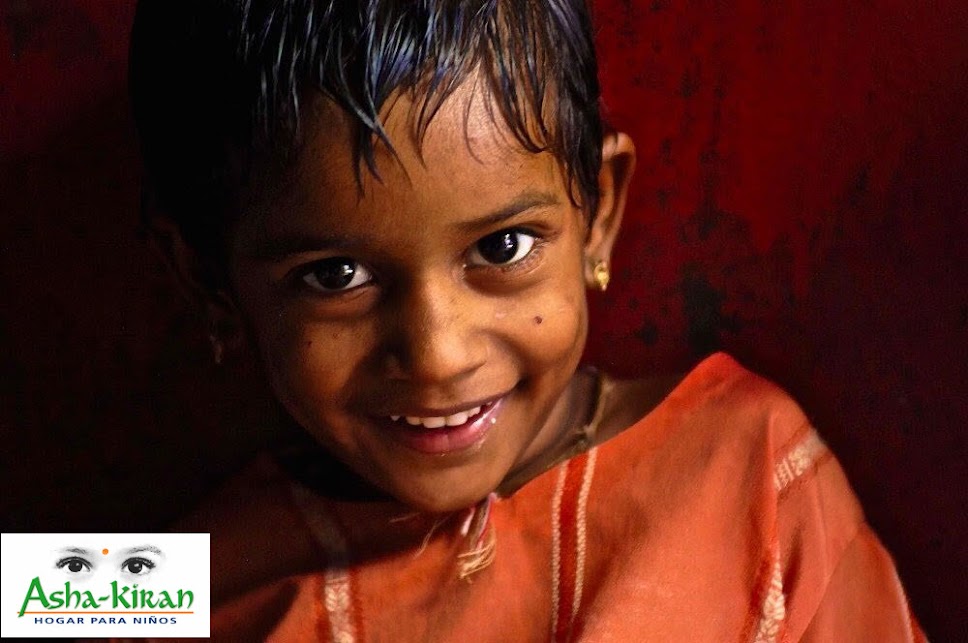Friday, August 26, 2011
COVERING MORE GROUND
Monday, August 22, 2011
INDIA IS LOSING ITS GIRLS
Families prefer to have sons than daughters, especially among economically disadvantaged groups.
Girls in India are still seen as a burden, ‘a bad investment’, because they have to be taken care of only to ultimately join their husband’s household. Therefore, some mothers practice selective abortions or abandon their daughters after birth. If they are born, girls generally receive less attention and healthcare than boys, have a higher level of malnutrition, and are less likely to get an education. Mortality rates are higher among girls. From a very young age, they perform household chores which may take up to eight hours daily – a time they could spend going to school.
At present, India has one of the largest imbalances between boys and girls worldwide. The lack of females could cause serious problems in Indian society according to the Population Fund of the United Nations, one of them being that a significant proportion of young men would not be able to find a partner, especially among the poor. This, in turn, could lead to an increase in violence and trafficking of girls. On the other hand, young women would be pressured to marry and have children at an early age and, therefore, would often give up their education or jobs.
Empowerment of women and the community, access to education, implementation of rights in all sectors of the population, and a system of community solidarity will be key elements in addressing this problem.
Friday, August 19, 2011
YASHODHARA: A WELCOME VISIT
Before being admitted in the Shelter, Yashodhara children used to live in conditions of extreme vulnerability. They came from homes where they may have suffered physical or sexual abuse or may have been forced to work. All this seems very far away when one sees their joy, vitality and their ever-present smiles, but there have been times when their hearts have also had folds of sadness and discouragement.
With a visit from Volunteers and Sponsors, the veils of these folds seem to fall off. A visit is a gift that goes beyond mere human contact. The way that children receive love from visitors, so unexpectedly, opens the door to other ways of experiencing the world. The children seem to be healed by people who come to Yashodhara and have an influence in their many desires and activities. Any gesture, however small it may seem, encompasses many dimensions.
THANKS to Maria Angeles, Cinta, and to all those who share their hearts with children.
Eshana Alcover – live-in Volunteer at Yashodhara Shelter

